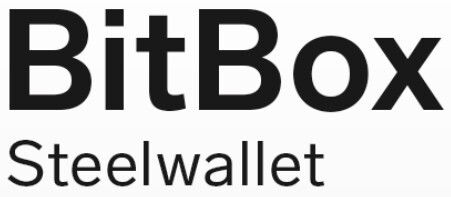Bitcoin on exchanges: convenient, but not a great idea!

Crypto exchanges are convenient and promise a lot. Maybe too much? Find out why they are not really an alternative to your own wallet.
It's so tempting: "If I already have an account with a crypto exchange, why can't I leave my Bitcoin there? I can always withdraw them later, and I don't have to worry about safekeeping for now.
"However, if you leave your Bitcoin on an exchange, you run several risks.
Let's take a closer look at why this approach has been the downfall of many Bitcoiners and where the dangers lie.
Exit Scams and Hacks
Crypto exchanges are comparable to bank branches, and as in real life, are attractive targets for criminals. However, in addition to storing a large amount of money, exchanges can also be accessed without physical presence, violence, and the associated risks.
Of course, the Bitcoin holdings of an exchange are professionally protected. But unfortunately this is no guarantee of security. In 2019 alone, hackers managed to steal customer funds from various exchanges over 11 times. The list of exchange hacks is so long that it fills entire websites. Almost every exchange has already been the victim of a hacker attack.
Sometimes it is even unclear whether it is really a hack or a so-called exit scam in which the operators either fake a hack or they simply disappear with the customers' money. In such a case it is pretty much impossible to get your Bitcoin back.
The main problem is that crypto exchanges usually do not have deposit insurance and Bitcoin transactions cannot be reversed. Once the money is in the hacker's wallet, there is no way to reverse it. As a result, customers are left at the mercy of the exchange's poor security.
Probably the most well-known example of a crypto exchange hack is Mt. Gox. In total, over 650,000 Bitcoin were stolen. Users of this exchange have been waiting for repayment of their lost Bitcoin since 2014.
Another sad story is the Canadian exchange QuadrigaCX. When the founder passed away unexpectedly in 2019, it was first announced that access to all assets was lost without him. Later, it was found out that the exchange had operated with underfunding for years, and had not owned all customer’s assets for a long time. To this day 76,000 customers are still waiting for over 215 million dollars.

In order to determine whether exchanges really possess all the coins of their customers, the Bitcoin community organizes the "Proof-of-Keys" day each year. Every January 3rd, all committed Bitcoiners are encouraged to withdraw their Bitcoin from exchanges and other custodians into their own wallet. This is to check whether custodians really have all their customers' coins. You could call it a “yearly, cyber bank run".
Regulatory risks
The fundamental idea behind Bitcoin is that it is an uncensorable monetary system accessible to everyone. However, as long as your Bitcoin are held on an exchange, this is not the case. While the risk of a Bitcoin ban is relatively low in Western democracies, there could be restrictions on holding Bitcoin on your own at some point. Customers of Swiss Bitcoin service providers already have to verify their Bitcoin address before they can withdraw Bitcoin to their own wallet.
If you are registered with an exchange that is located in a country that wants to shut down exchanges, it would be difficult to get your Bitcoin back. Even with legal action, it is unlikely that you would see your Bitcoin again.
Data Collection
When you buy Bitcoin on an exchange, those Bitcoin are linked to your identity and can be tracked after you withdrew them to your wallet. Since Bitcoin transactions are publicly accessible, this link does not end when you leave the exchange. If you mix these coins with your other Bitcoin holdings, these coins can then also be tracked back to you.
Companies like Chainalysis use these relationships to assign a large part of all Bitcoin transactions to specific individuals. Only through complex measures, such as CoinJoins, can these links be removed
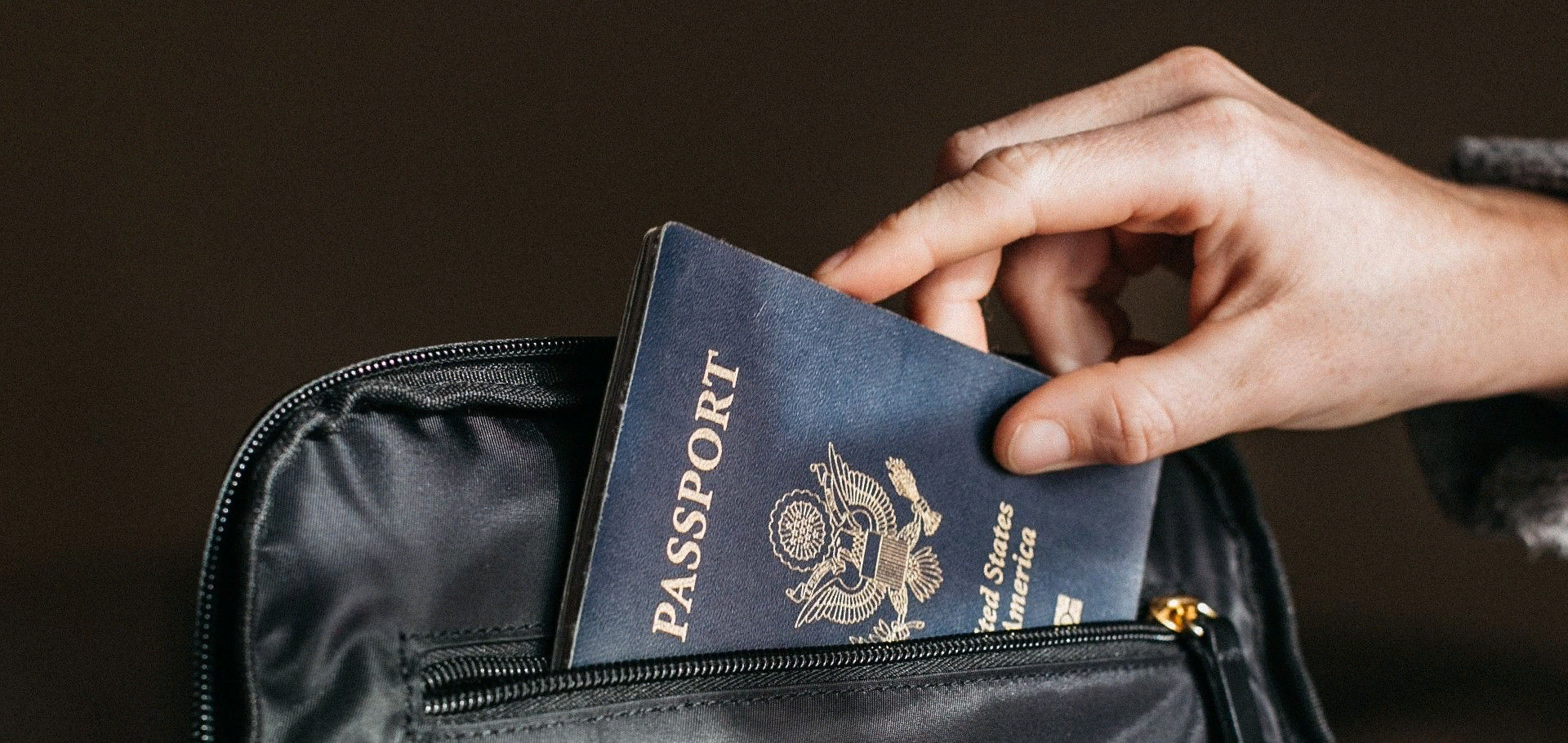
The best way to avoid this data collection is to buy or earn Bitcoin anonymously. Since this is not always easy, KYC-Light Dollar-Cost-Average (DCA) services like Pocket, Relai and Swan Bitcoin should be preferred over traditional crypto exchanges, as they do not require full identity verification (with passport photo, address, etc) and coins are transferred directly to your own wallet.
Phishing / Hacking
If your Bitcoin is on an exchange, the only thing that prevents a hacker from getting your coins is your account login. Hackers come up with all kinds of tricks to get their hands on it: fake emails, dangerous websites and all kinds of viruses. If the expected profit is high enough, attackers will go to an enormous effort, and with enough effort, anyone can become a victim.
Once your computer is infected by a virus, it can be easy for a hacker to send your Bitcoin from an exchange to his own wallet. Even two-factor authentication doesn't always help in such cases. No exchange will take responsibility for such attacks, because it is not them which made a mistake and it appears to them as if the customer had withdrawn the coins.
Overall, it can be concluded that keeping Bitcoin on an exchange is not as safe as many people think. Your Bitcoin is only really safe in self-custody and a hardware wallet is the easiest way to do this.
Achieve financial independence!
All these risks are the reason why we developed the BitBox02. The BitBox02 offers you the perfect combination of security and usability. There is really no reason to misuse your exchange as a wallet anymore.
What's the difference between a hardware wallet and a software wallet?
Software wallets are programms running on computers that are much more vulnerable to hacking attempts or hardware failure. Hardware wallets are devices specifically designed to do one thing - keep your coins safe.
Is a paper wallet safer than a hardware wallet?
In some scenarios it might! But biggest issue with paper wallets is that you have to create them on a computer, which might be insecure. You will also have to trust the computer you are using in case you want to send a transaction. In these cases a hardware wallet is far more secure.
Don’t own a BitBox yet?
Keeping your crypto secure doesn't have to be hard. The BitBox02 hardware wallet stores the private keys for your cryptocurrencies offline. So you can manage your coins safely.
The BitBox02 also comes in Bitcoin-only version, featuring a radically focused firmware: less code means less attack surface, which further improves your security when only storing Bitcoin.
Shift Crypto is a privately held company based in Zurich, Switzerland. Our international team of specialists across engineering, cryptosecurity and Bitcoin core development build the BitBox products and provide consulting services. The BitBox02, a second generation hardware wallet, equips individuals to easily store, protect, and transact cryptocurrencies. Its companion, the BitBoxApp, provides an all-in-one solution to securely manage your digital assets with ease.
Source: ShiftCrypto.ch
Learn more about the best TOP 30 hardware cryptocurrency wallets
You can see this list here.
TOP 29 Hardware Wallets, the Official Online Stores
| 1 |  | Trezor hardware wallet, the official online store |  |
| 2 |  | Ledger hardware wallet, the official online store |  |
| 3 |  | KeepKey hardware wallet, the official online store |  |
| 4 |  | BitBox02 hardware wallet, the official online store |  |
| 5 |  | CoolWallet hardware wallet, the official online store |  |
| 6 |  | ELLIPAL hardware wallet, the official online store |  |
| 7 |  | D'CENT hardware wallet, the official online store. |  |
| 8 |  | SafePal hardware wallet, the official online store |  |
| 9 |  | SecuX hardware wallet, the official online store |  |
| 10 |  | BC Vault hardware wallet, the official online store |  |
| 11 | 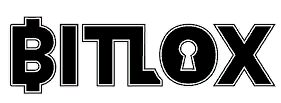 | BitLox hardware wallet, the official online store |  |
| 12 |  | Keystone hardware wallet, the official online store |  |
| 13 |  | ProKey hardware wallet, the official online store |  |
| 14 |  | NGRAVE hardware wallet, the official online store |  |
| 15 | 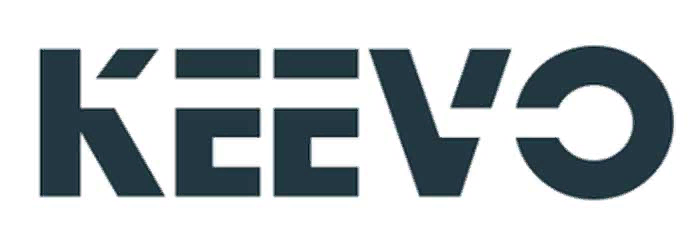 | Keevo hardware wallet, the official online store |  |
| 16 |  | GridPlus hardware wallet, the official online store |  |
| 17 |  | Ballet hardware wallet, the official online store |  |
| 18 |  | OPOLO hardware wallet, the official online store |  |
| 19 |  | Foundation (Passport) hardware wallet, the official online store |  |
| 20 |  | ImKey hardware wallet, the official online store |  |
| 21 |  | Tangem hardware wallet, the official online store |  |
| 22 |  | HashWallet hardware wallet, the official online store |  |
| 23 |  | Material Bitcoin hardware wallet, the official online store |  |
| 24 |  | ShieldFolio hardware wallet, the official online store |  |
| 25 |  | OneKey hardware wallet, the official online store |  |
| 26 |  | Blockstream Jade hardware wallet, the official online store |  |
| 27 |  | Cypherock hardware wallet, the official online store |  |
| 28 |  | Keepser hardware wallet, the official online store |  |
| 29 | 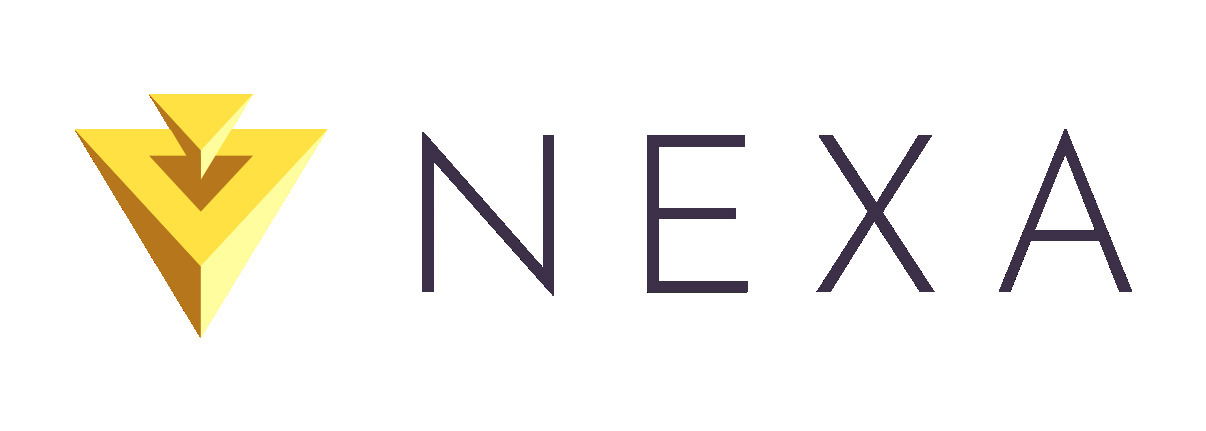 | NEXA hardware wallet, the official online store |  |





















